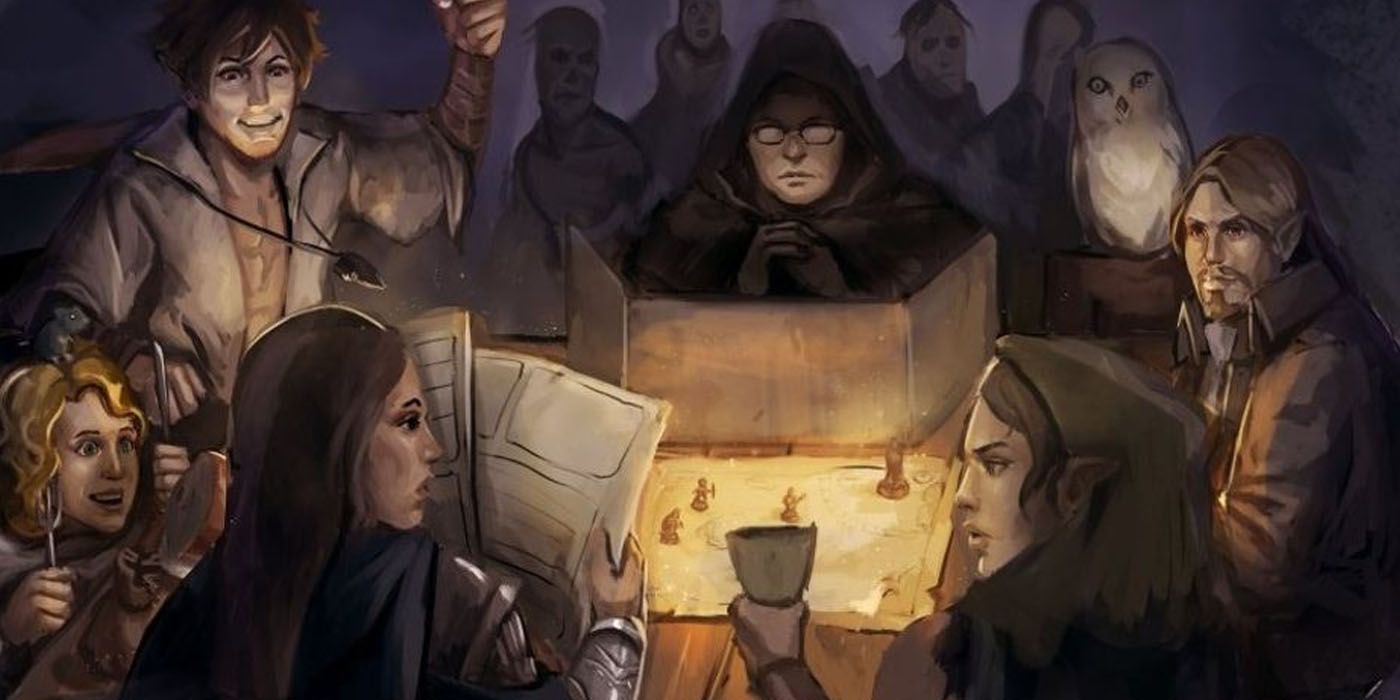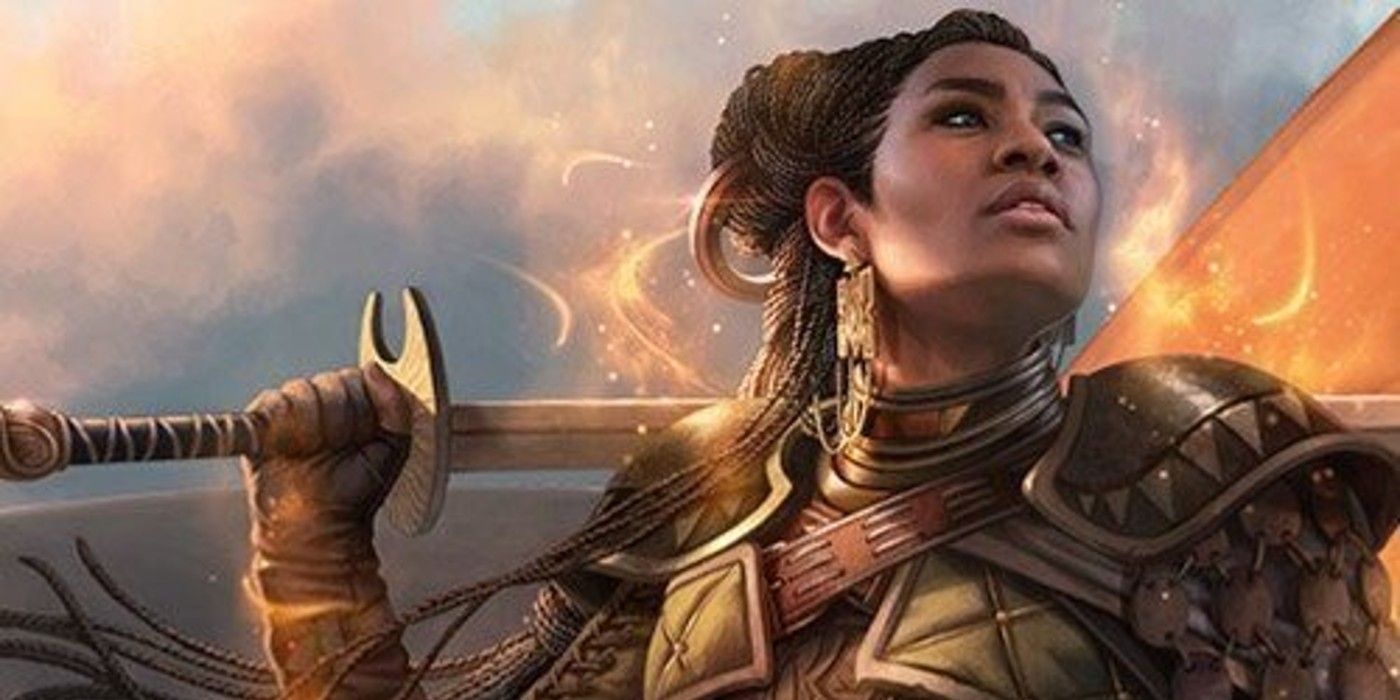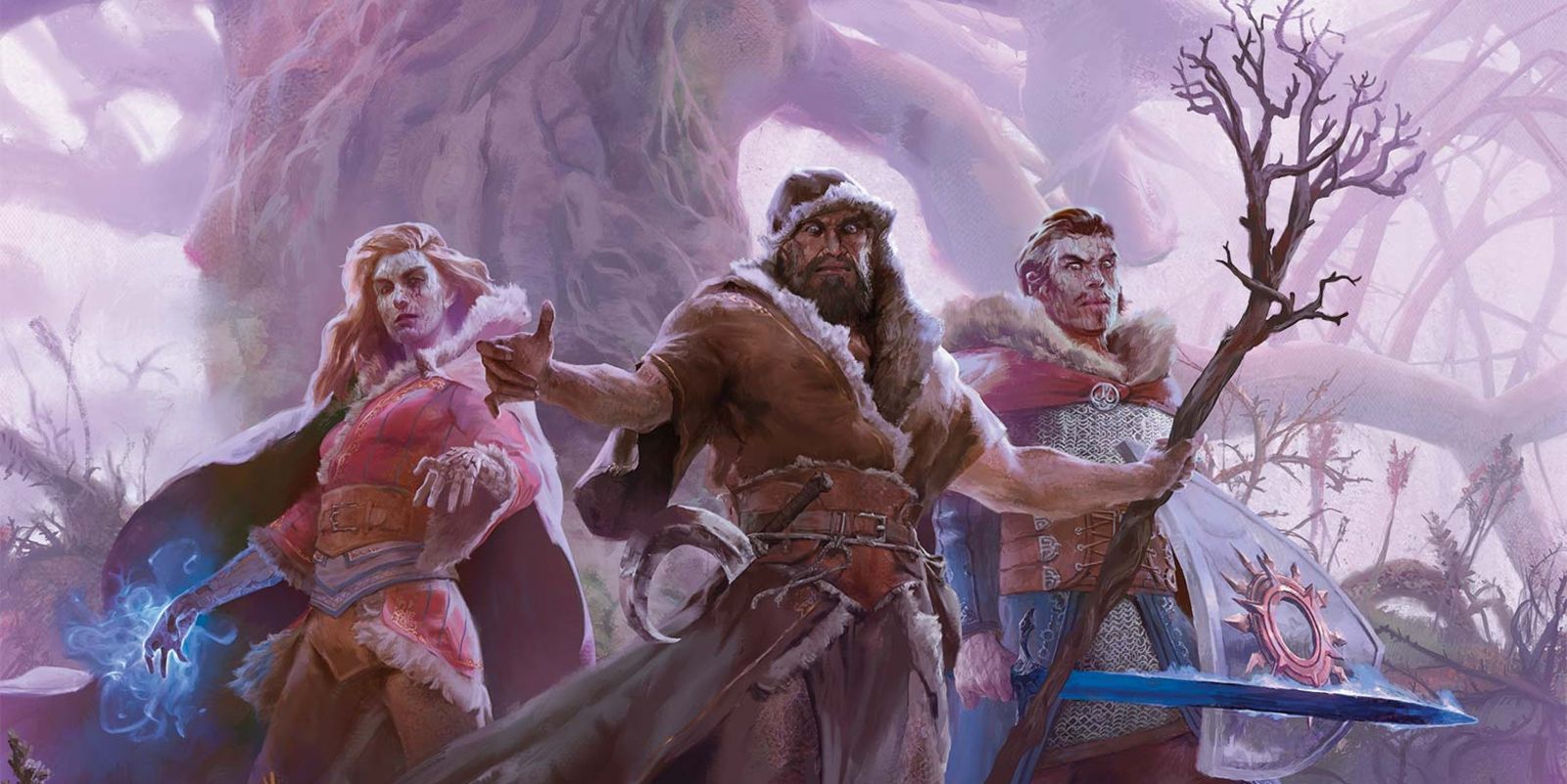One of the best ways for a Dungeon Master to infuriate their players inDungeons & Dragons is by planning all encounters to circumvent their characters' abilities. A good D&D game doesn't pit players against the Dungeon Master, so when a DM creates an encounter that directly negates a class' features or a character's magic items, it doesn't make for an interesting experience. Instead, it's frustrating for everyone involved.
Many Dungeon Masters ask how to counteract a player's feature in an effort to make a worthwhile encounter. For example, a DM might set all the battles indoors with 10-foot ceilings to overcome the challenge of a flying character -- but if that's the case, why let them play a flying race at all? The truth is, it's not Flight, Deflect Missiles or Counterspell that's the problem; DMs need to account for and work with a player's abilities -- not against them.
In D&D, there's no save mechanism, and players can't fail an encounter just to try again. When a player is going into a battle excited to use a class feature, but the DM has designed a fight that completely shuts it down, it can be extremely discouraging. Dungeons & Dragons is supposed to be fun. Instead of thinking about how to shut down or remove a feature or spell's effects from your game, work with those features to create encounters where one or more players get to shine.
For example, if the DM wants to find a way to challenge a player so that their flight doesn't make beating a monster too easy, an obvious first step is to look at flying monsters. DMs can also opt to allow the character's flight to be truly beneficial. Suppose the players are fighting a mass of soldiers with siege weapons. In that case, a flying character won't cut them all down, but they will be able to call out patterns and drop things from a height. They'll also still have to account for those catapults while in the air, so they'll need to be creative to stay airborne.
Creating a scenario like this can also allow the flying character to destroy one of the catapults. It'll make them feel powerful and unique because their flight allowed them to get the literal drop on the army. This is the kind of positive energy that allows everyone around the table to have a good time.
Another example is the Monk's ability to run up walls. To challenge the party, DMs don't have to put a barbed fence at the top or say the wall is too slick. Let the Monk run up the wall, make it to the other side and help the party into the gated compound. The enemies are still there, and the players will all still need to work together to defeat whatever is inside. A Wizard's ability to Counterspell a magic-based enemy may seen overpowered at first, but it still comes down to a roll and has a chance of failure. Plus, DMs can give Counterspell to their enemies. Wizard duels can be thrilling, and spell slots exist for a reason.
Allowing a player to use a powerful special skill to avoid being charmed or long rest quicker won't break the game. It will give that player a chance to feel valued and have something meaningful to contribute to the campaign. Of course, DMs should challenge their players, but canceling their skills isn't the way to do it. Those features are designed to make a player feel powerful. Playing specifically to a character's weakness is also problematic. If a player has no ranged attacks and every enemy is flying, that won't be a challenge. That will only force that player to miss out.
DMs would be well-advised to provide opportunities for players to succeed by being creative. When they have no ranged attacks, offer some loose rocks or climbing structures to combat flying creatures. Alternatively, give another player the chance to ground the enemy so that everyone else can then get their licks in. Dungeons & Dragons can be thrilling and fun, and build incredible, lasting friendships. Working with players and not banning traits, races or spells gives them the chance to feel like heroes -- and that's a big reason people want to play D&D to begin with.



